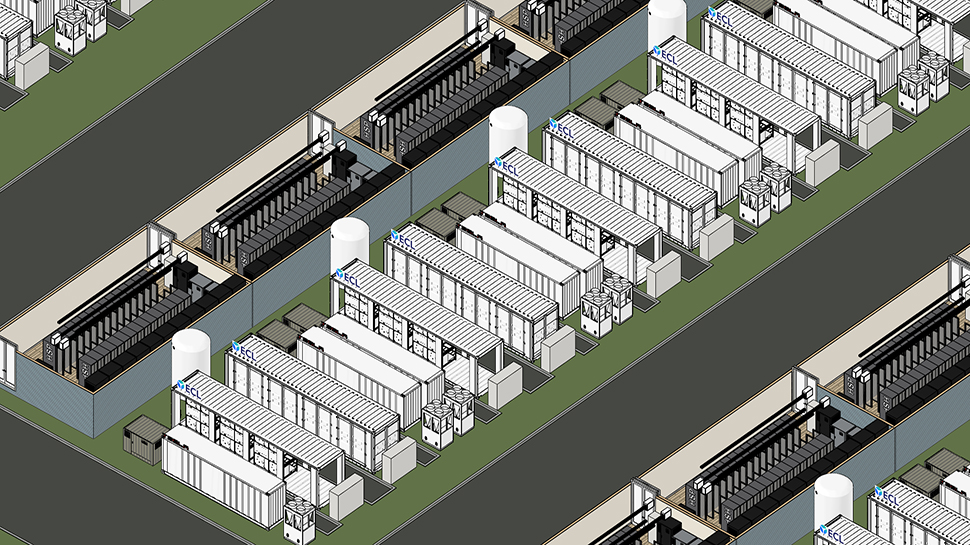ECL builds gigawatt hydrogen-powered data center to keep up with AI’s insatiable demand for power — and it's already planning an expansion
Lambda will be TerraSite-TX1's first tenant when it opens in summer 2025

As technology companies continue to expand their use of artificial intelligence, the demand for energy-intensive data centers is growing rapidly.
Tech firms are searching for sustainable ways to power these operations, with a focus on reducing their environmental impact, and while nuclear energy is being viewed as an attractive option due to its ability to provide large amounts of power with minimal emissions, other solutions are emerging as well.
ECL has announced its development of TerraSite-TX1, the world’s first 1GW off-grid, hydrogen-powered AI factory data center. Located on a 600-acre site near Houston, Texas, this facility is set to provide Lambda and other AI leaders with both space and power for future projects, while maintaining zero emissions.
Up to 2GW
The first phase of TerraSite-TX1 is scheduled for completion in summer 2025, with an estimated investment of $450 million. This phase will deliver 50MW of data center capacity, focusing on cloud and AI cloud operators. The full 1GW project is expected to cost approximately $8 billion, financed by ECL and its partners.
Ken Patchett, Vice President of Data Center Infrastructure at Lambda, the facility’s first tenant, said, “The data center technology committed to by ECL is truly transformative in the industry. We believe ECL’s technology could unlock a powerful and eco-conscious foundation for AI advancement. This new infrastructure could give researchers and developers essential computational resources while drastically reducing the environmental impact of AI operations.”
ECL previously launched ECL-MV1, the first off-grid, hydrogen-powered modular data center, which boasts zero emissions, a power usage effectiveness (PUE) of 1.05, and enhanced data density per rack. When it's up and running, TerraSite-TX1 will receive hydrogen through three pipelines, minimizing the need for additional fuel transport, and its modular design will allow for future expansion up to 2GW.
The TerraSite-TX1 project arrives at a critical time for Texas, where the state’s power grid is expected to double its capacity needs by 2030 due to the expansion of data centers and AI.
Are you a pro? Subscribe to our newsletter
Sign up to the TechRadar Pro newsletter to get all the top news, opinion, features and guidance your business needs to succeed!
“While others talk about delivering off-grid, hydrogen-powered data centers in five, ten, or 20 years, only ECL is giving the AI industry the space, power, and peace of mind they and their customers need, now,” said Yuval Bachar, co-founder and CEO of ECL. “The level of innovation that we have introduced to the market is unprecedented and will serve not only us and our customers but the entire data center industry for decades to come.”
More from TechRadar Pro

Wayne Williams is a freelancer writing news for TechRadar Pro. He has been writing about computers, technology, and the web for 30 years. In that time he wrote for most of the UK’s PC magazines, and launched, edited and published a number of them too.